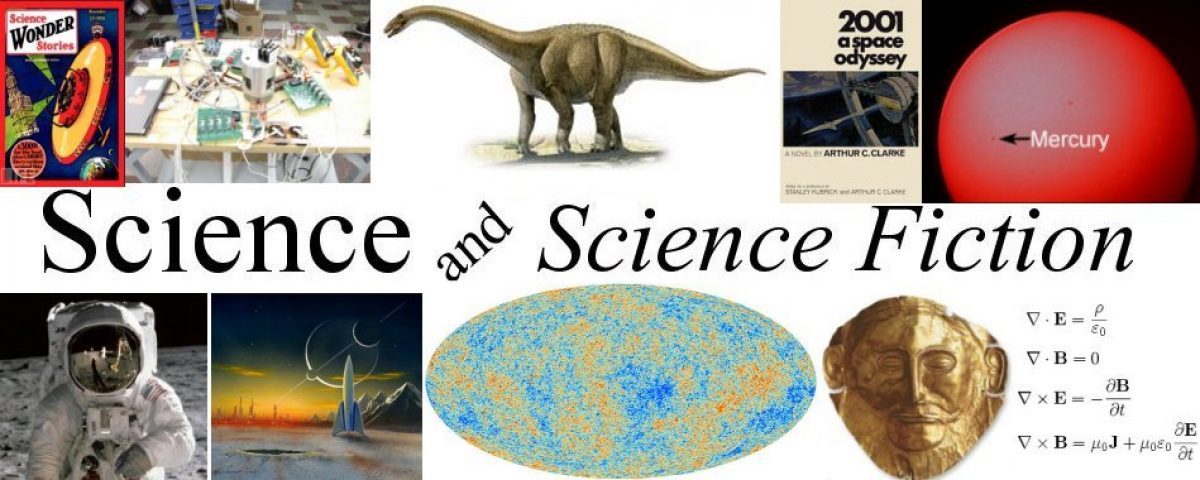President Oprah declares war on an unauthorized Moon colony built by freedom loving CEOs. Yes it’s really almost that bad. In fact ‘The Powers of the Earth’ is only about 10% Science Fiction, another 30% starts off as a spy novel that evolves into a war novel. The remainder is more a political pamphlet than anything else and a rather cartoon version of one.
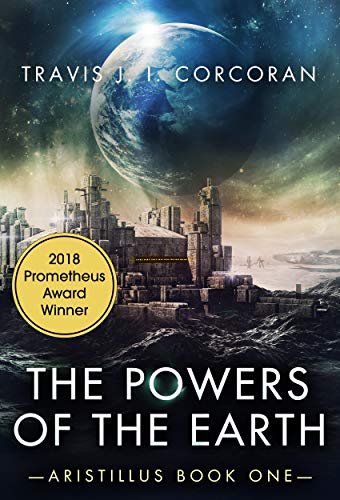
In the short author’s bio at the back of the book, Travis J. Corcoran proudly proclaims himself to be a ‘Catholic Anarcho-Capitalist’ three ideologies that to my mind don’t really fit together all that well. Still Mr. Corcoran has every right to his opinions, his political views. The question is whether or not they serve to enhance a good science fiction novel.
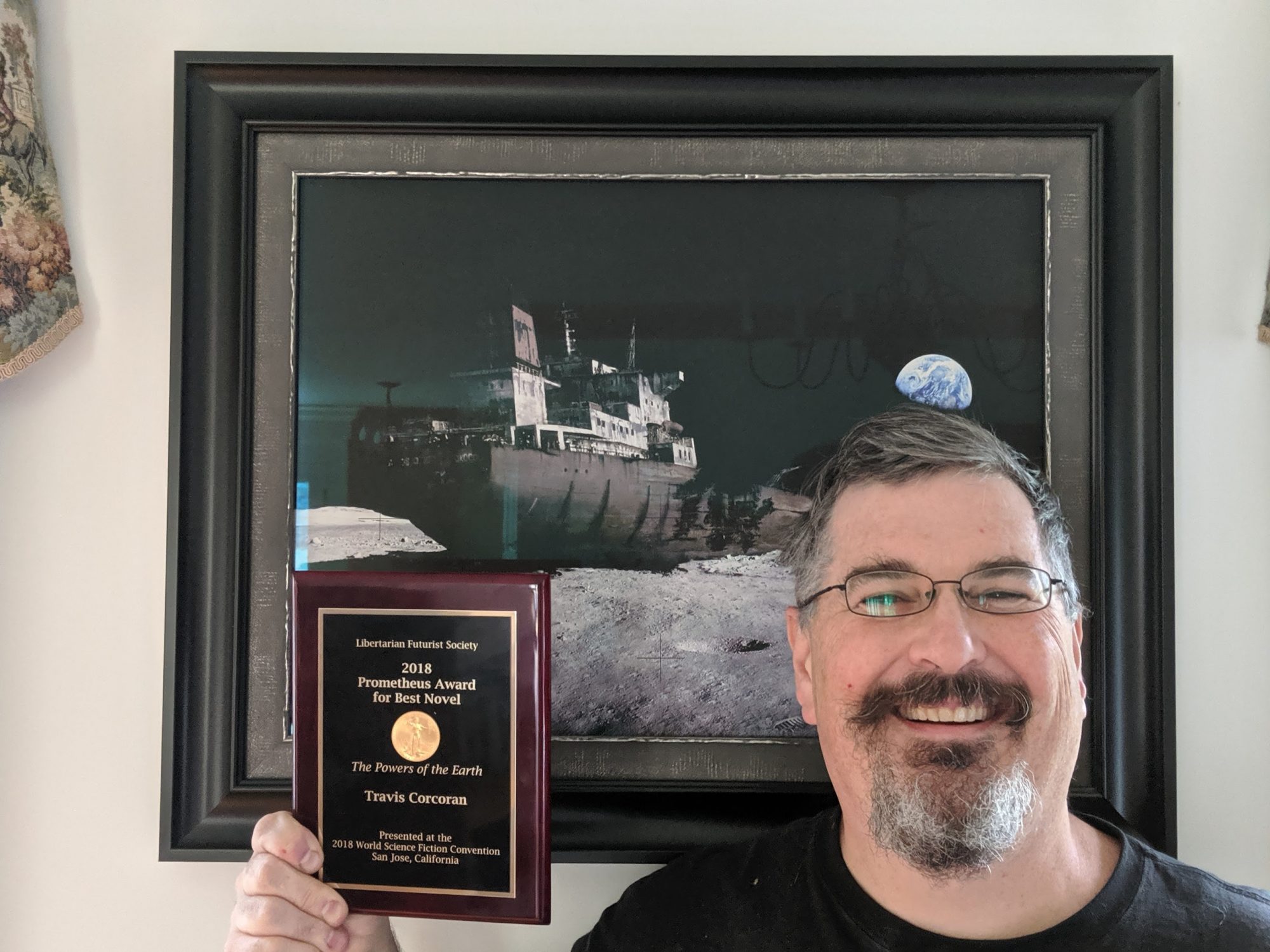
In fact science fiction has long served as a vehicle for social criticism. H. G. Wells for example often brought his socialist ideas into his novels. The Morlocks in ‘The Time Machine’, the Martians in ‘War of the Worlds’ and the Selenites in ‘The First Men in the Moon’ are all described in socio-economic terms, but briefly, the politics don’t get in the way of the story. In some of his later novels, ‘In the Days of the Comet’ or ‘Shape of Things to Come’ Wells does become rather preachy, which is why those novels are not as popular as his earlier work.
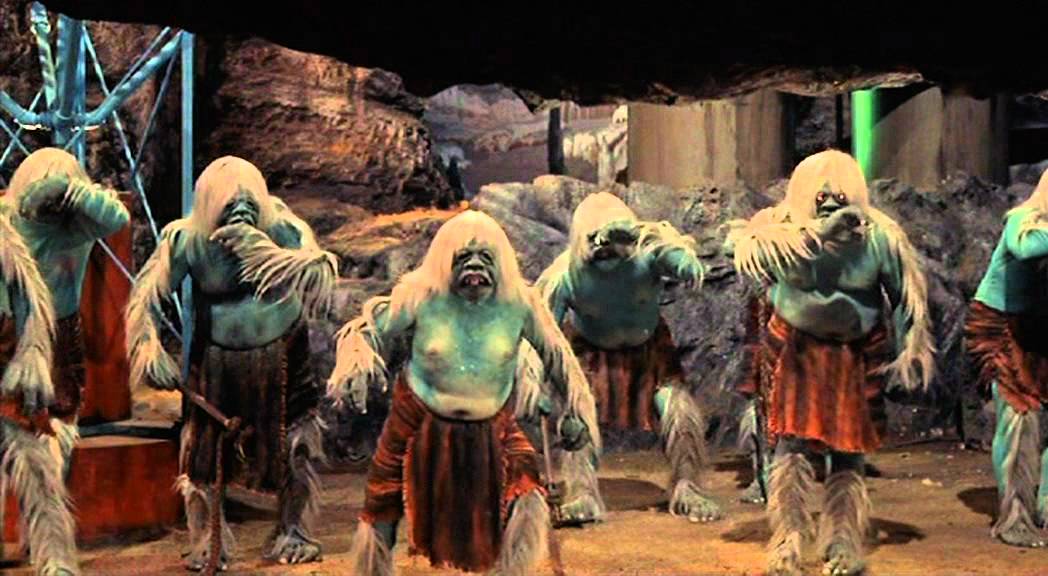
In ‘The Powers of the Earth’ on the other hand, long rhetorical speeches are on nearly every page. And there’s no attempt at evenhandedness, whenever an argument in favour of some form of organized government is presented it is done so only to make it a target for attack. The characters back on Earth are all either idiots or self serving hypocrites, cartoon villains in other words. The inhabitants of the Moon, fully half of whom are CEOs of some company or other, aren’t presented in much better terms. Quarrelsome and unwilling to work together even when they agree if they are Mr. Corcoran’s view of an Anarcho-Capitalist utopia he can keep it!
However the real problem is that the politics just keeps getting in the way of the science fiction. For example, the Lunar colony at Aristillus crater is only possible because of the invention of an anti-gravity drive that the CEOs on the Moon have and the Earth governments don’t. But we’re never told anything about that drive, nothing at all about how it works. At the same time building a colony on the Moon appears to be simply a matter of drilling out enough big tunnels. No mention is ever made about where the air comes from, or the water.
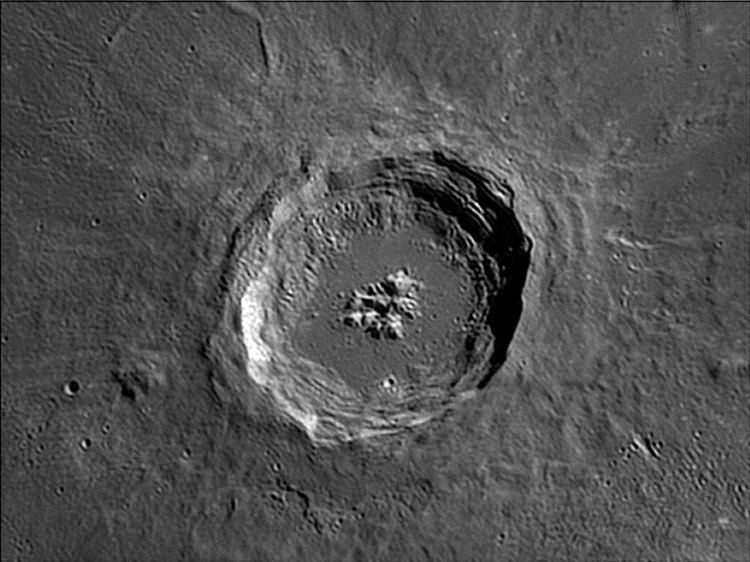
When I began reading “The Powers of the Earth’ I first thought that Aristillus must be one of the craters near the South Pole where NASA has found evidence of ice. That would at least have served as a source for both the colony’s water and air but the crater isn’t near the South Pole, it’s right in Mare Imbrium, an area that is dry as a bone. There’s no particular reason for Mr. Corcoran to put his colony there that I can think of.
Even when Mr. Corcoran has an interesting idea he doesn’t develop it very well. As a part of the story there are five characters who are literally hiking around the Lunar farside. The hiking party is made up of one human and four genetically enhanced super-intelligent dogs. Now my ears perked up at the idea of super intelligent dogs, I wanted some details about the anatomic changes that allowed a dog to have a bigger brain, the changes to the vocal chords so that the dogs could speak (actually those dogs have some of the longest political arguments in the entire book) plus the changes to their paws so that they can type on their computers. (The dogs are all software whizzes by the way).
But there’s nothing, no mention is ever made of anything about the dogs other than they can think and talk just like a human. Oh, and there are numerous times where the dogs have to take off or put on their spacesuits? How, with their paws?

During the course of ‘The Powers of the Earth’ several of the characters mention the old Robert Heinlein novel ‘The Moon is a Harsh Mistress’ and I have an idea that Mr. Corcoran wrote ‘The Powers of the Earth’ intending it to be a re-boot of that novel. Now it’s been nearly fifty years since I read, “The Moon is a Harsh Mistress’ but I don’t recall Heinlein as being so cavalier with the science, neither were his characters so poorly drawn.
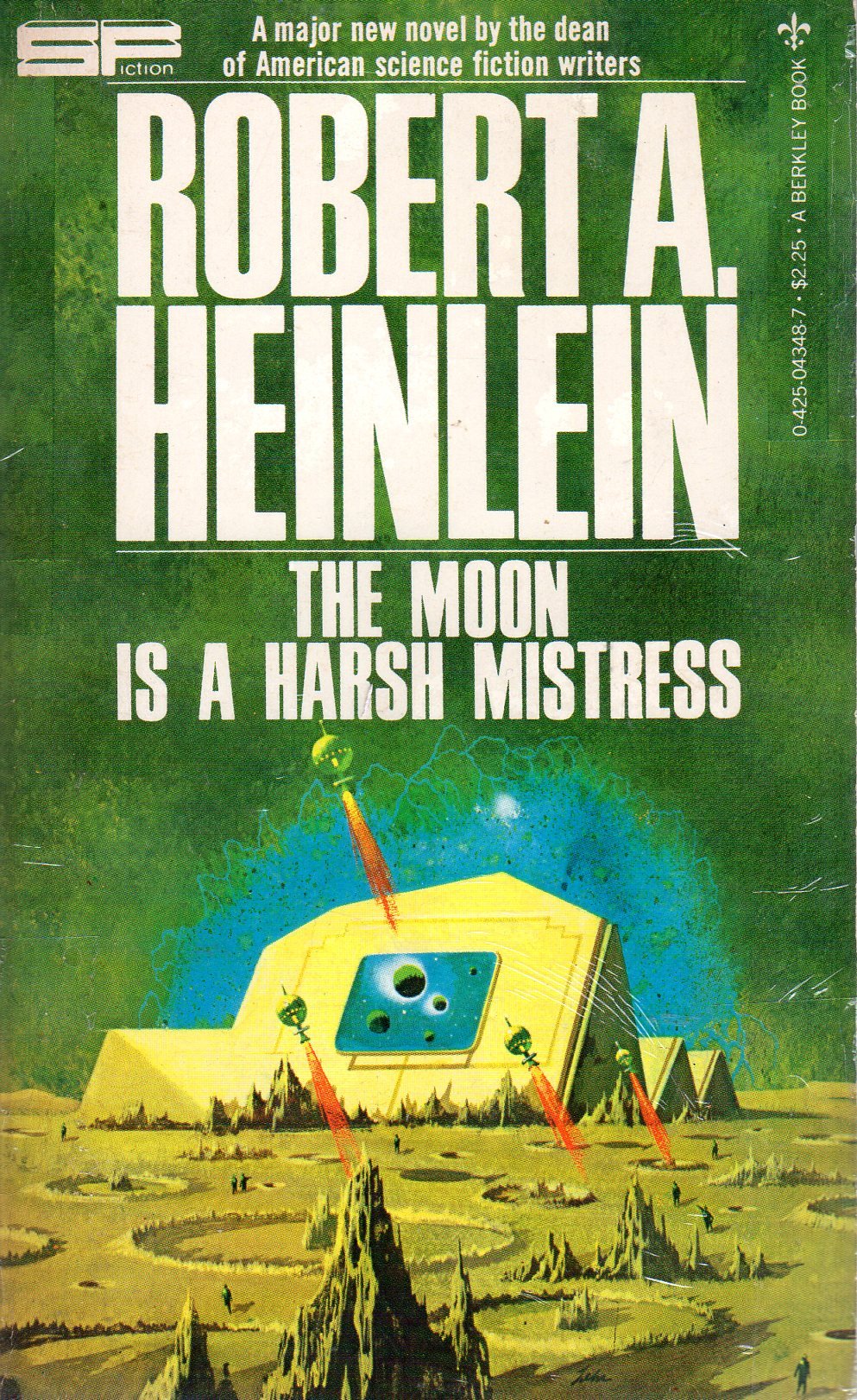
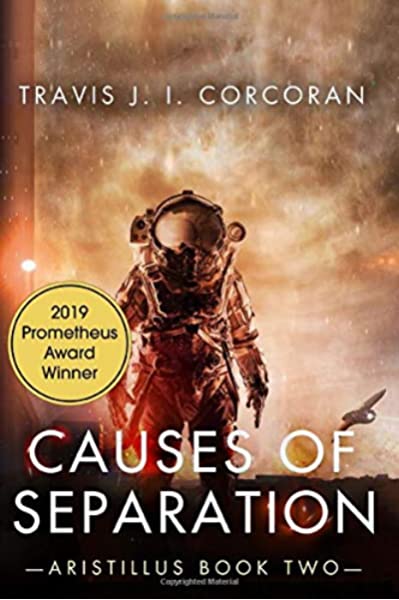
I do remember that Heinlein, like Wells, used science fiction as a way to describe different possible ways to build a society. Each different novel described a different aspect, a different kind of society. But on the other hand ‘The Moon is a Harsh Mistress’ was never intended recipe for a political movement, at least I didn’t get that impression.
But most of all I do remember a Heinlein novel as being worth reading, which I just can’t say about “The Powers of the Earth”. By the end of the story I wasn’t even interested in the dogs.
